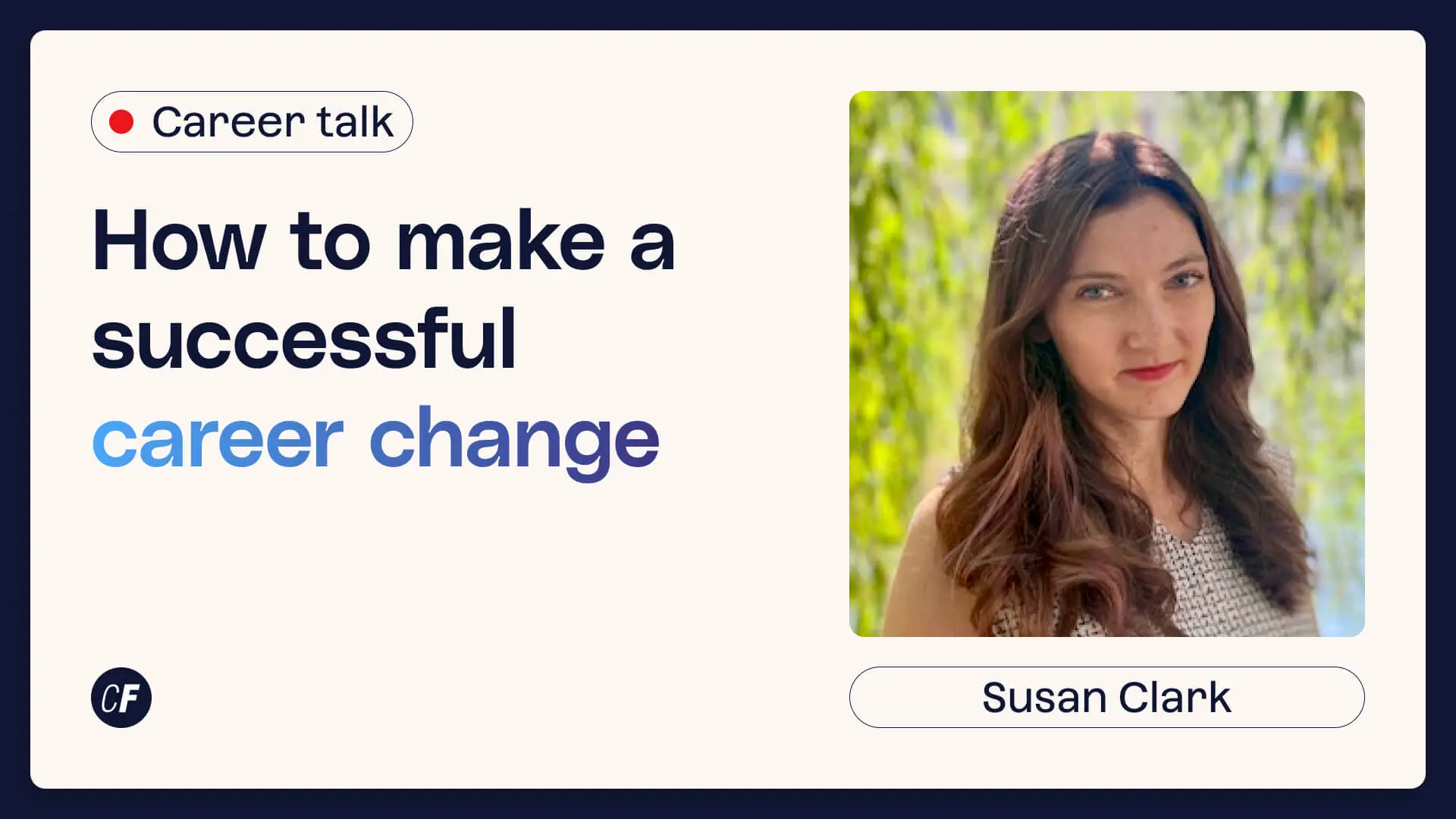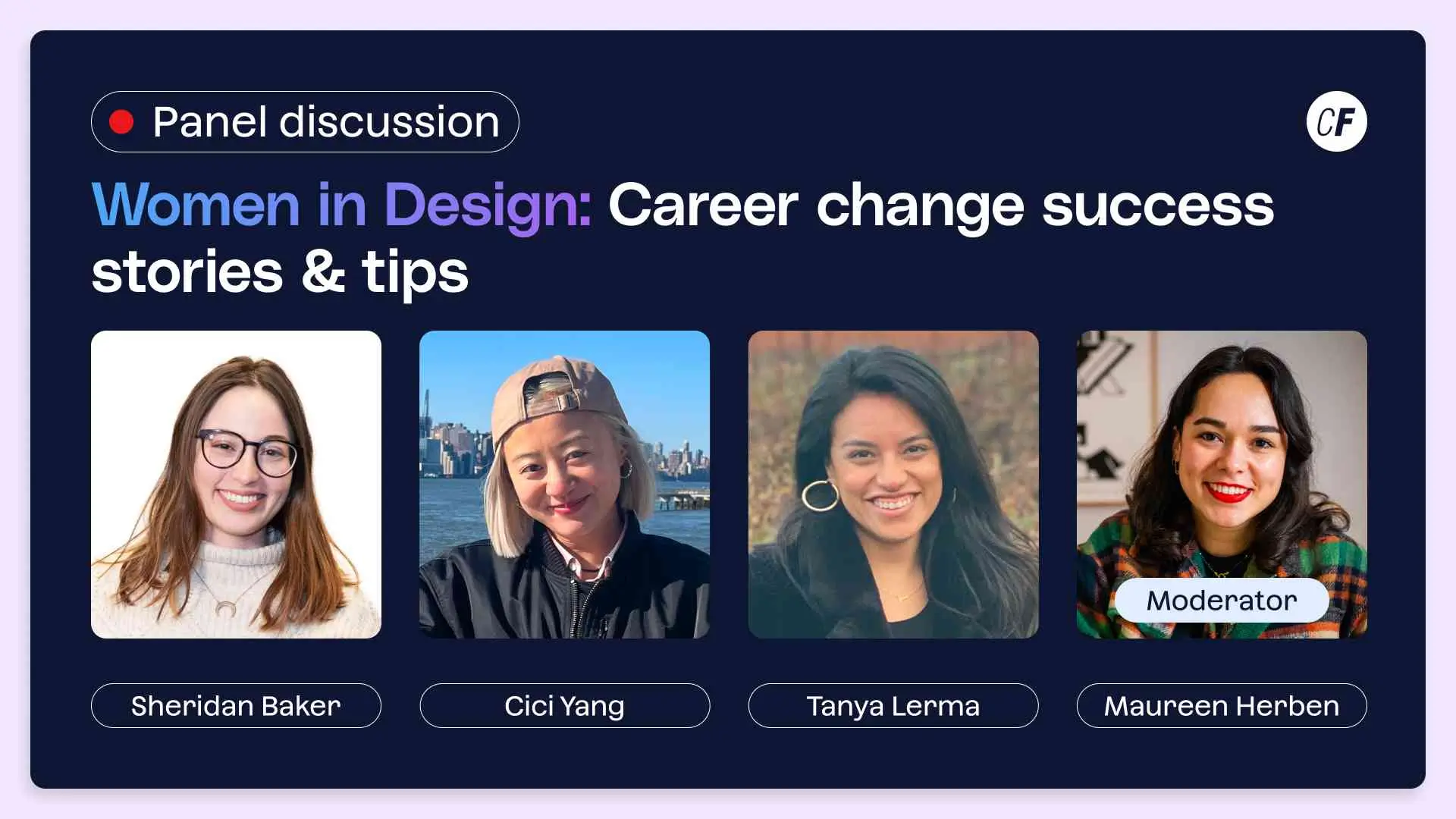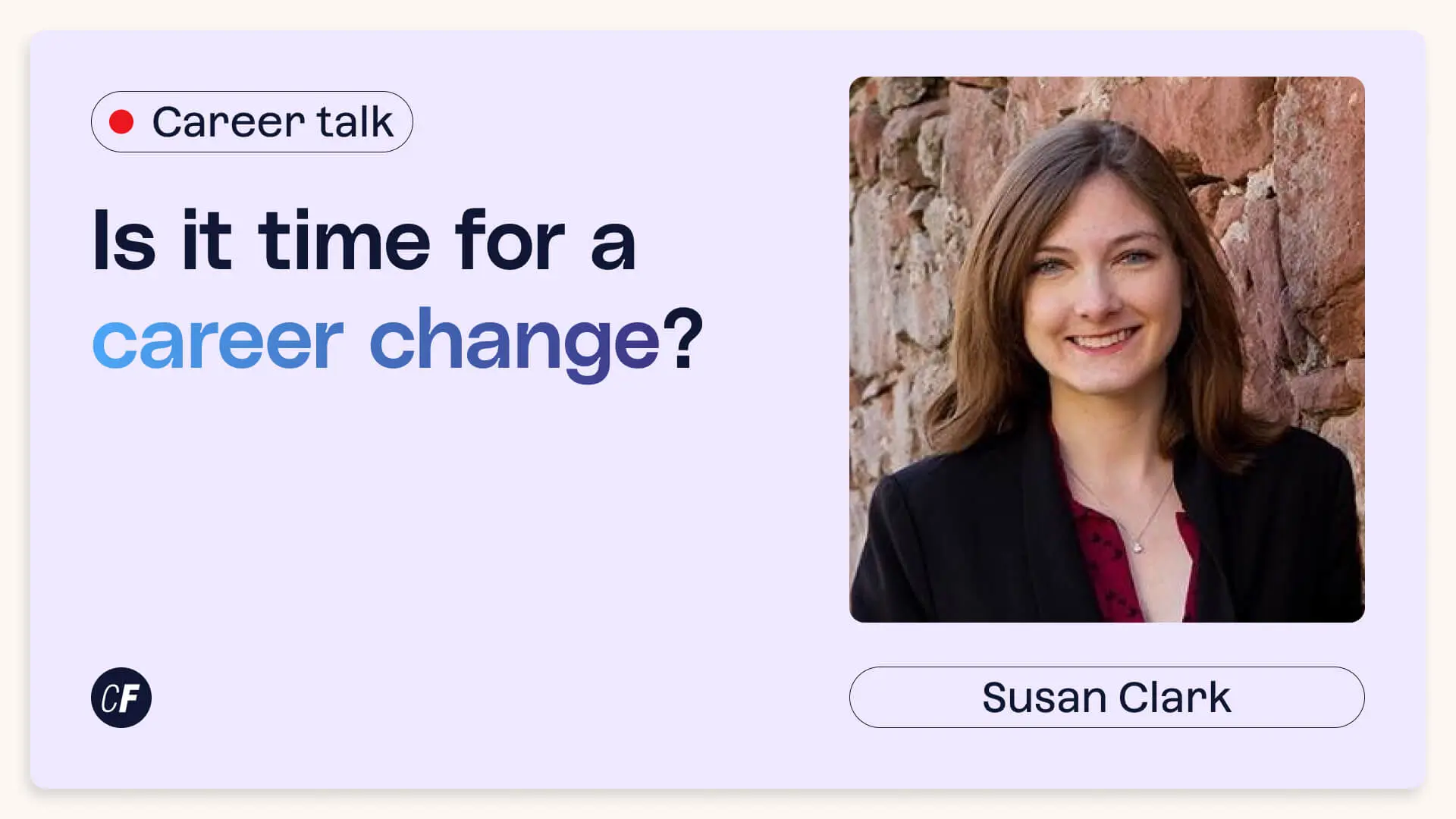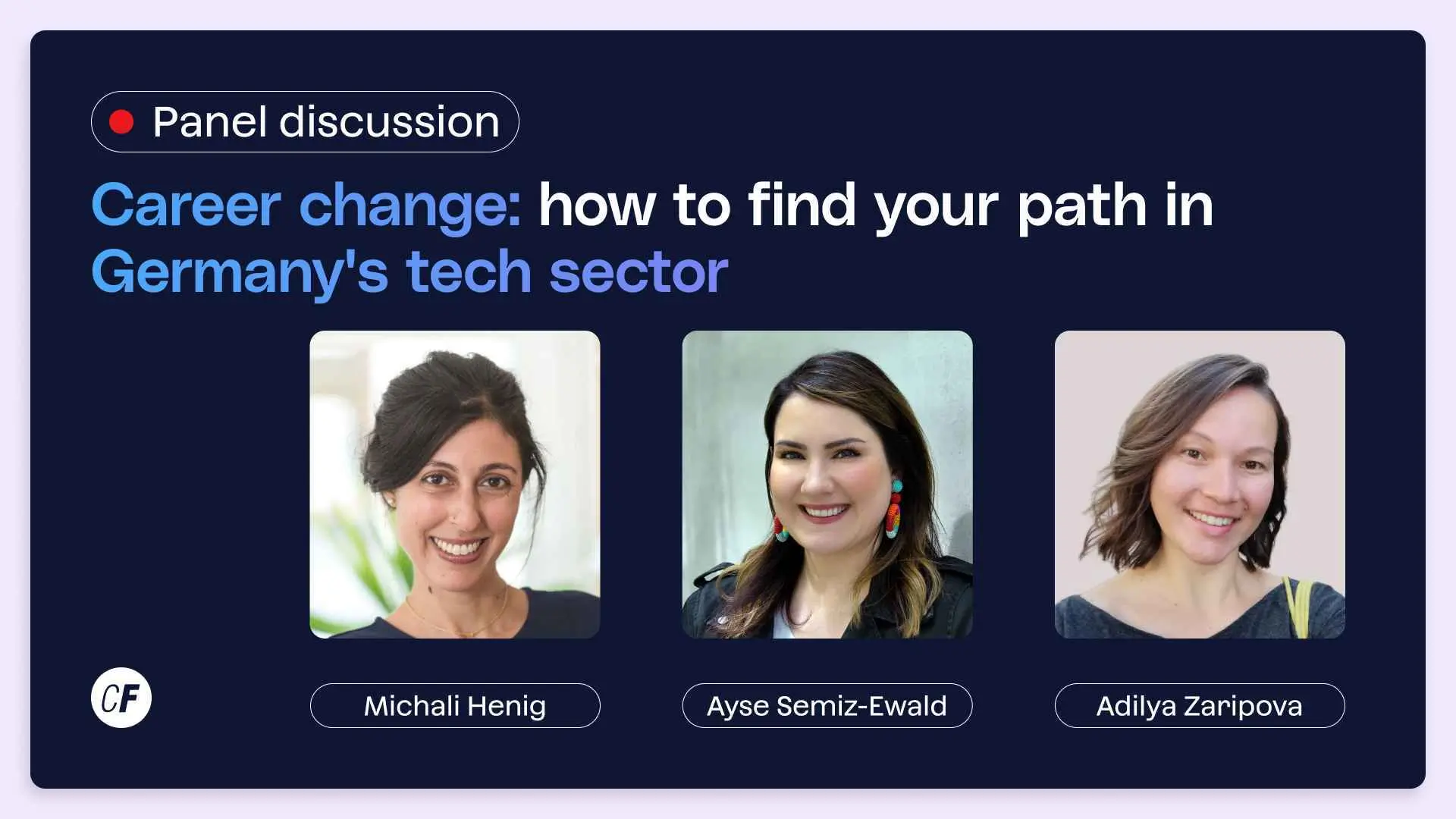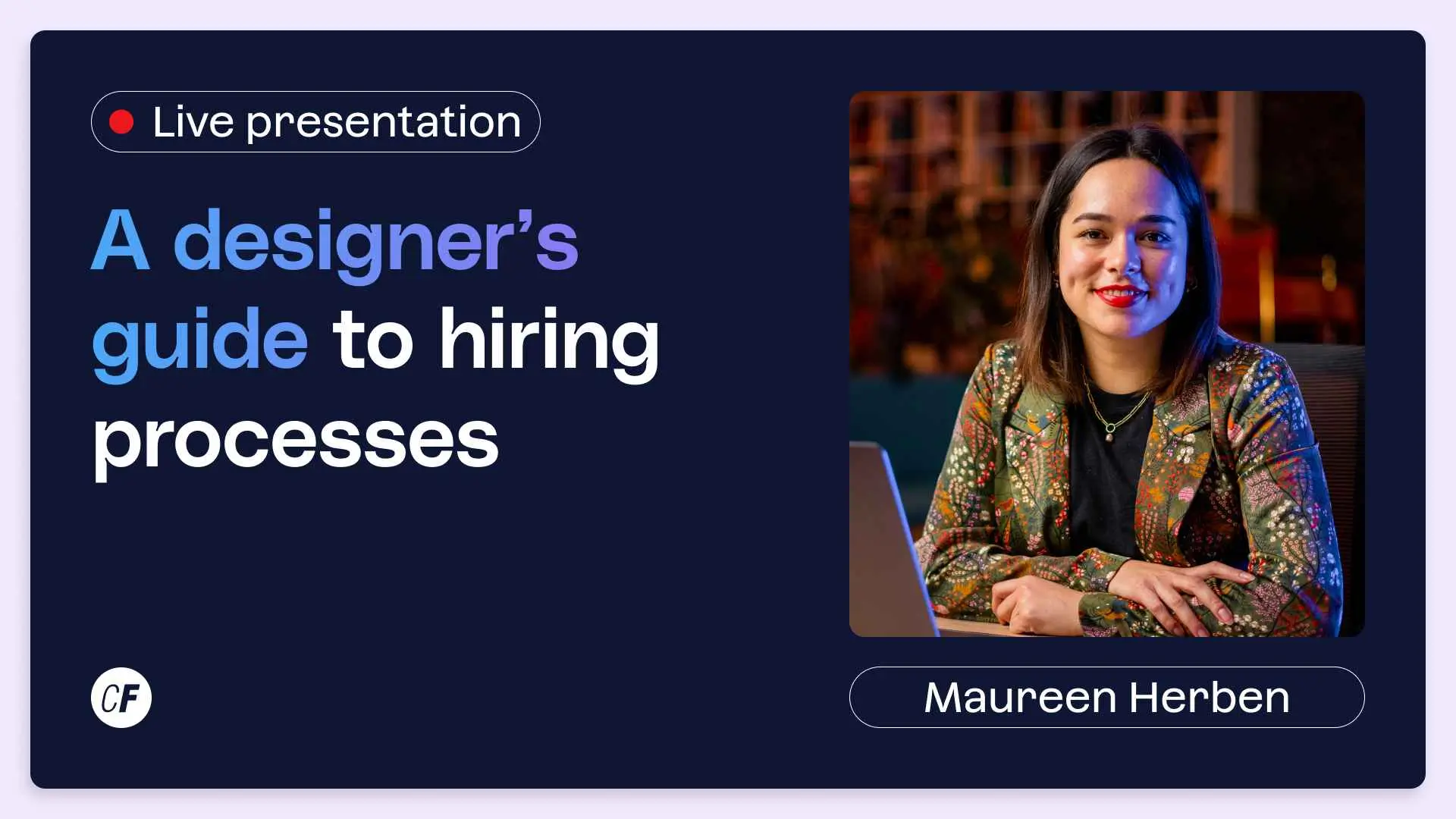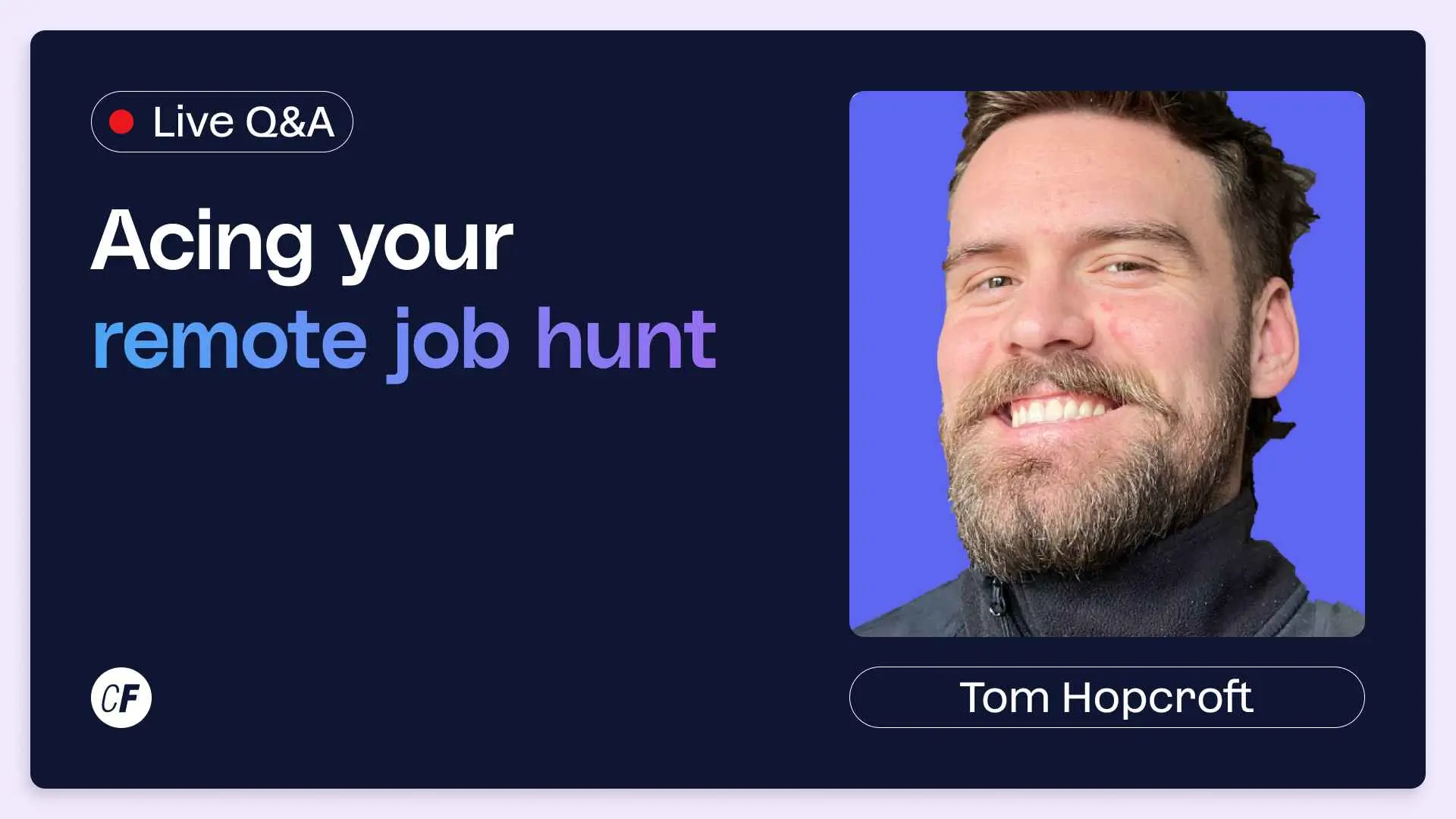How to Create a High-Performing Web Developer Job Application
Elements of Successful a Web Developer Job Application
Learning to code is the first step. Heading out into the wilds of the programmer job market afterwards for the first time can look pretty daunting. Between familiarizing yourself with all of the new technical terminology on job ads and preparing for interviews, you’ll have your hands full.
However, there’s some good news: your web developer application is more than just a cover letter and resume—there are other elements that support you and give potential employers a more complete picture of who you are, and what you can do.
With that in mind, we’re first going to take a look at those other parts of your web developer job application and how to optimize them. Next, we’ll give you some advice for approaching the next step—the developer job interview itself.
The other elements of your web developer application
Working on having a strong developer profile can be a major confidence booster. Knowing that your portfolio and your Git repository will impress makes it that much easier to write and send out your resume and cover letters. As we’ve detailed in our complete guide to getting your first web developer job, making sure your application stands out from the rest of the pile is key.
GitHub profile
Almost every developer has a GitHub profile. If you’ve somehow missed this, we’ve got a simple tutorial for beginners on how to use it. As well as a great way of showing off the technical features you’ve been working on, another thing hiring managers are looking for in a GitHub profile is your commits.
Commits are not just an indicator of technical chops, but more importantly about how you interact and help out other developers and the wider community. A healthy grid of commit activity on your GitHub profile shows that you’re interested in helping others find solutions and sharing what you know.
Portfolio website
While it’s a subject of debate whether web developers and software engineers necessarily need a portfolio website, having a strong one is a great support for your job applications. Particularly if you want to show off your frontend development chops, why not display your design flourishes in the form of a smooth Dark Mode (for example) on your own site? If you need some inspiration in creating or improving your own portfolio, we’ve picked out 38 examples from around the web to check out.
In fact, if you’ve gone about crafting your professional profile and portfolio in the right way, you might not even have to start applying—recruiters may contact you first! If this is the case, we’ve prepared a neat guide for you to prepare for their phone screen and take advantage of this great opportunity.
Preparing for the next stage: Web developer interview questions
Now that you’ve put together a winning portfolio and applied for a job, it’s time for some final preparation of a different sort—answering interview questions.
While theoretically there are endless varieties of things you can be asked by your potential employer at different stages of the hiring process, they are typically grouped into three main areas. We’ll go briefly through each here.
Types of web developer interview questions
-
Introductory/General
While these questions seem at face value the simplest and don’t require any preparation, in fact the opposite can be true. Answering an introductory question well can be an excellent way to set the tone for a good interview, and give your employer a good sense of who you are.
-
Behavioral
With these questions, the interviewer is seeking to work out not how good a coder you are, but what kind of employee you will be: how you work with others, how you approach team projects, and how you communicate both inside and outside your team.
-
Technical
Of all the questions, these are the ones which coders can prepare the most for. Make sure to research which technologies are required for the role—as well as the ones you have put on your resume—and then start preparing answers to sample questions.
If you’re looking for more sample questions to start off your interview preparation, we’ve collected 13 of the most common web developer interview questions for you.
Final thoughts
After all that, we hope that you’re feeling more confident about getting into the job market! Spending the time improving and working on the other elements of your job application—outside of just the resume and cover letter—really is time well-invested.
In fact, having a solidly impressive Git repository and portfolio website can give you confidence throughout the interview stage as well, as you can refer back to it with solid proof of your skills and experience! Want to learn more about starting a career as a web developer? Check out these guides:
